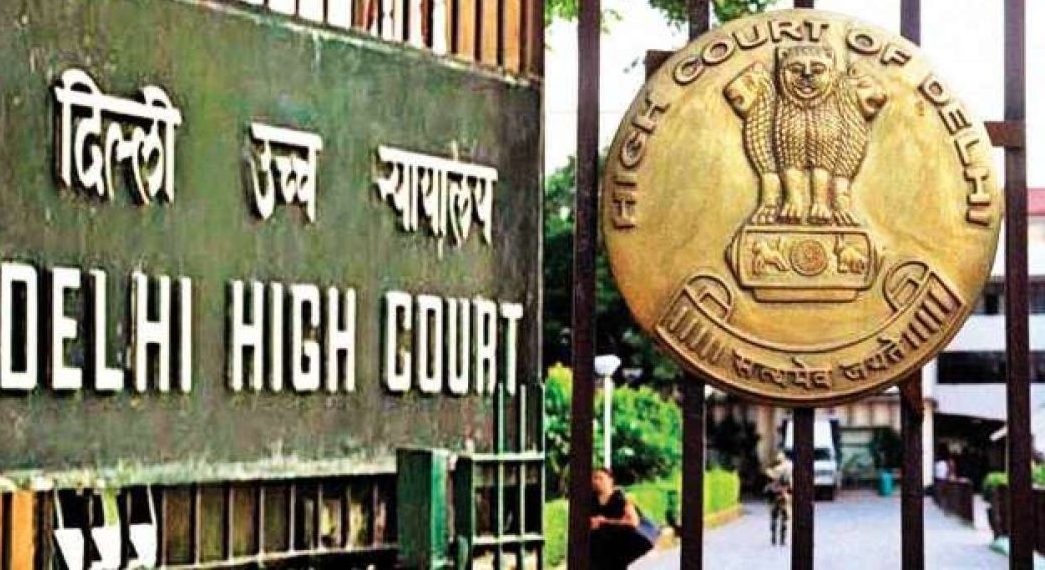The Delhi High Court has issued notice to the Director General of Prisons and the Standing Counsel (Criminal) of the Delhi government over delay in accepting the bail bonds and releasing prisoners, who have been granted bail by courts.
Taking suo motu cognisance of the matter, the single-judge Bench of Justice Amit Mahajan sought response from the Director General of Prisons and the Standing Counsel (Criminal) of the Delhi government in the issue and ordered listing of the case.
in releasing over delay in accepting bail bonds and releasing prisoners granted bail by courts.
The High Court said it failed to understand why the jail superintendents were taking one to two weeks to accept the bail bonds, especially in cases of emergency.
Noting that the object of granting bail and suspending sentence was to release the accused/convict from imprisonment, the Bench said in certain cases, interim bails were granted on medical grounds or some other exigencies, as expressed by the applicant.
In some other cases, the courts ordered that bail bonds be furnished directly to jail superintendents instead of remitting the prisoner to the trial court. This was done to facilitate the immediate release of the prisoner, and delay by jail authorities in such cases cannot be accepted, it added.
The High Court took cognisance of the matter while dealing with a modification application filed by a convict, whose sentence was suspended on February 8.
The High Court was apprised that the suspension of sentence was subject to furnishing a bail bond to the satisfaction of the jail superintendent, however, the bail bond has yet to be processed.
It was alleged that formalities in relation to the acceptance of bail bond by the jail superintendent were taking approximately one to two weeks.
Appearing for the Government of National Capital Territory of Delhi, Additional Standing Counsel (ASC) Nandita Rao contended that such instances were an aberration and the delay did not generally occur on part of the jail superintendent.
The Bench ruled that any order passed by the Court directing the release of a prisoner from jail was sent directly to the jail authorities through the Fast and Secured Transmission of Electronic Records (FASTER) cell and yet delays were happening.
The High Court also referred to the principle, “Deprivation of Liberty for a single day is a day too many,” noting that such delays caused by the jail authorities were unacceptable.


